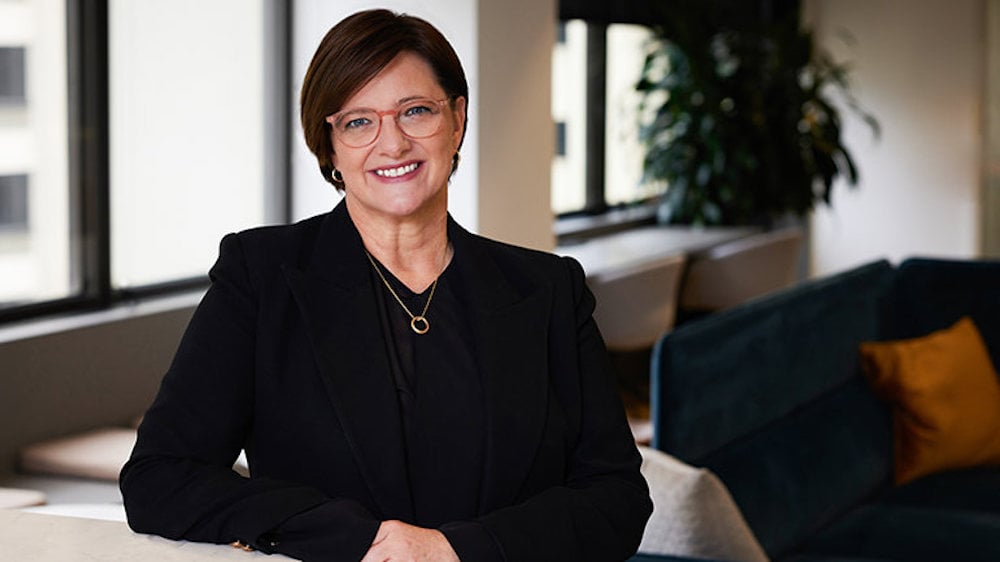1 Member Of SAARC Practising "Cross-Border Terrorism": S Jaishankar
The SAARC is "not moving forward" and meetings of the regional grouping have not happened in the last few years as one of its members is practising "cross-border terrorism", External Affairs Minister S Jaishankar said on Saturday.

The SAARC is "not moving forward" and meetings of the regional grouping have not happened in the last few years as one of its members is practising "cross-border terrorism", External Affairs Minister S Jaishankar said on Saturday.
The EAM's remarks on the stalling of the South Asian Association for Regional Cooperation (SAARC), without naming any country, comes ahead of his scheduled visit to Pakistan mid-October to attend a key meeting of the Shanghai Cooperation Organisation (SCO) in Islamabad.
The SAARC has not been very effective since 2016 as its biennial summits have not taken place since the last one at Kathmandu in 2014.
"At the moment, SAARC is not moving forward. We have not had a meeting of SAARC for a very simple reason, there is one member of SAARC who is practising cross-border terrorism, at least against one more member of SAARC, maybe more," Jaishankar said in response to a query on revival of the grouping at an event here.
"If you are all sitting together and cooperating, and at the same time this kind of terrorism goes on... it actually poses a challenge for us that do you ignore it and go ahead, and in which case you are normalising it, you are accepting it that this is a legitimate tool of statecraft," he added.
The EAM said at some point if time, "we came to the decision that we should not do it".
The SAARC is a regional bloc comprising India, Afghanistan, Bangladesh, Bhutan, the Maldives, Nepal, Pakistan and Sri Lanka.
"Terrorism is something which is unacceptable and despite a global view of it, if one of our neighbours continues to do it, then there must be a pause to it... it cannot be business as usual in SAARC. That's the reason why the SAARC meeting has not happened in recent years," the minister said.
He said this during an interaction after delivering the Sardar Patel Lecture on Governance organised by IC Centre for Governance here.
But, because SAARC meetings have not happened, does not mean the regional activities have stopped, he said.
"In fact, I would argue that in the last five-six years, we have seen far more regional integration in the Indian subcontinent than we have seen since the partition of India," the minister said.
"If you look today with Bangladesh, with Nepal, with Bhutan, with Myanmar, with Sri Lanka... you have railway lines being restored, roads being rebuilt, electricity grids being built... you have ferries, you have fertiliser supplies... and then medical visas. So, I would actually say that what is happening in the neighbourhood, it is happening because we are espousing this policy called 'Neighbourhood First'," he said.
Earlier delivering the lecture, he also spoke of the political scenario during Sardar Vallabhbhai Patel's era.
"During the end of the Sardar's life, India and China were both re-emerging in the global order as modern nation states. The complexities of their relationship were just beginning to be visible," Jaishankar said in his address.
Today, "our ties are again at cross-roads". The present situation does not serve the interests of either nation, he said, referring to the lingering border row in eastern Ladakh.
"There is a way forward. And that is by reinstating peace and tranquility in the border areas, respecting the LAC and not seeking to change the status quo. Beyond that, the three mutuals -- mutual respect, mutual sensitivity and mutual interests --" offer a credible pathway. After all, the rise of Asia can only happen when India and China have a positive dynamic," he said.
Praising Patel and recalling his legacy, Jaishankar said the nationalist leader was dealing with the enormous challenge of reconstructing India after two centuries of colonialism.
"But we must not forget that he was doing so at a time when the international order was being reshaped after the Second World War, and as decolonialisation just began. Reading the big picture right and making our calculations was not easy," he said.
(Except for the headline, this story has not been edited by NDTV staff and is published from a syndicated feed.)












